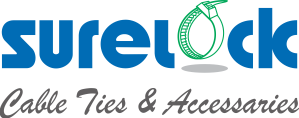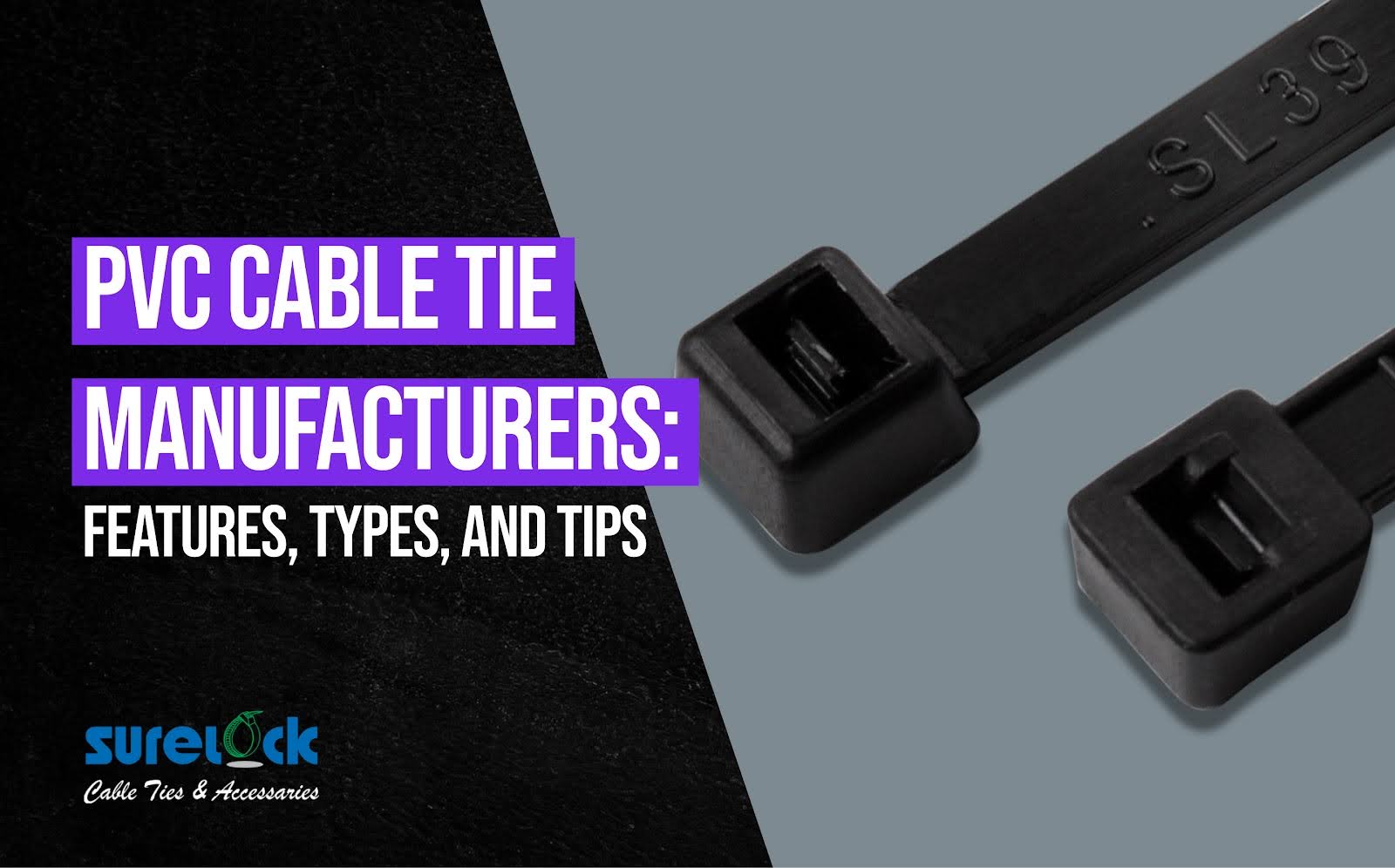What Are C-TPAT High Security Seals and Why Do They Matter?
June 10, 2025

Are you confident your security seals meet the strict standards required to protect your supply chain from costly breaches and penalties? Security seals are essential tools that prevent tampering and theft during transit. Choosing the right seals helps maintain supply chain integrity and ensures regulatory compliance.
Understanding C-TPAT high security seals is key to meeting these demands. These seals offer verified protection and align with international trade security programs. Knowing their benefits and requirements empowers you to strengthen your supply chain effectively.
This blog covers C-TPAT seals, their importance, compliance standards like ISO 17712, and their proper usage. It will help you make informed decisions and secure your operations with confidence.
What is C-TPAT and Its Importance for Your Business?
C-TPAT (Customs Trade Partnership Against Terrorism) is a voluntary program developed by U.S. Customs and Border Protection to enhance the security of the global supply chain. It encourages businesses to adopt rigorous security measures at every stage, from manufacturing to delivery, to reduce the risks of theft, tampering, and terrorism.
By meeting specific security requirements, companies qualify for certification, recognizing their commitment to safeguarding goods in transit.
The Importance of Using C-TPAT Certified Seals
C-TPAT-certified seals play a crucial role in securing your supply chain against risks such as theft, tampering, and security breaches. These seals serve as tangible proof that your business follows strict security protocols and aligns with recognized standards.
Here’s why integrating C-TPAT-certified seals into your operations matters:
- They help prevent threats, including potential terrorist activities targeting shipments.
- They strengthen overall supply chain security and reduce the chances of cargo theft.
- Using these seals signals your commitment to compliance with global security requirements.
- Businesses using certified seals often receive expedited processing at U.S. ports, cutting down wait times.
- Reduced inspections translate into lower costs and faster movement of goods through customs.
Choosing the right C-TPAT seals safeguards your shipments while improving operational efficiency and compliance confidence.
Now that you understand C-TPAT and its importance, let’s review the key security standards that ensure compliance.
Also read: What Are Zip Tie Tags Used For: Identification and Security
Key Security Standards for C-TPAT Compliance
To qualify for C-TPAT, businesses must implement comprehensive security practices across their entire supply chain, from origin to final delivery. Meeting these requirements demonstrates a commitment to protecting goods against tampering and unauthorized access.
Essential requirements include:
- Implementing effective security measures at every operational stage ensures cargo remains secure throughout transit.
- Affixing high-security seals to all loaded containers destined for the U.S.
- Ensuring all seals meet or exceed the ISO 17712 standard, which defines the strength and tamper-resistance criteria for certified high-security seals.
Adhering to these standards helps maintain the integrity of shipments and fulfills the stringent expectations set by U.S. Customs and Border Protection.
Surelock offers high-quality, ISO-certified security seals that keep your cargo safe and help you confidently meet these requirements.
Considering these standards, it’s important to grasp the role of ISO 17712 in securing your shipments.
What is the ISO 17712 Standard for Security Seals?
ISO 17712 sets the international benchmark for high-security seals that protect goods during transit. This standard outlines the essential requirements and testing methods for mechanical, indicative, and barrier seals to ensure they provide reliable protection against tampering and unauthorized access.
To comply with ISO 17712, seals must be built with durability and tamper-evident features. Each seal should have a unique identification number to maintain traceability and prevent counterfeiting. Additionally, these seals must withstand specific mechanical forces without breaking or loosening, ensuring the security of your shipments.
Verifying the integrity of ISO 17712 compliant seals involves a simple yet effective inspection process known as VVTT:
- View the seal and its locking mechanism to check for any visible damage or tampering.
- Verify the seal’s identification number matches the shipping documentation.
- Tug on the seal to confirm it is securely fastened and cannot be easily removed.
- Twist the seal to ensure it does not unscrew or loosen under stress.
Following this process helps confirm that the seal remains intact and meets the strict requirements necessary for secure supply chain management. Using seals certified to ISO 17712 standards guarantees that your cargo is protected to the highest international security levels.
Having explored ISO 17712, let’s see what working with a C-TPAT-approved security seal supplier means.
What Does It Mean to Be a C-TPAT-Approved Security Seal Supplier?
Being a C-TPAT-approved security seal supplier means meeting rigorous standards that ensure the highest level of cargo protection.
- Suppliers must provide seals certified as high security under ISO 17712:2013.
- These seals must be validated through independent testing by accredited laboratories.
- Suppliers undergo thorough audits to verify secure manufacturing practices.
- Audits include risk assessments and controlled access to production and storage areas.
- C-TPAT-approved seals feature tamper-evident designs.
- These designs clearly indicate any unauthorized interference.
These requirements ensure that suppliers deliver reliable, compliant security seals trusted to protect your shipments and meet international trade security expectations.
Next, we’ll cover best practices for properly using and maintaining your C-TPAT seals.
Also read: 10 Industrial Use Cases for Cable Ties
Best Practices for Using and Maintaining C-TPAT Seals
Proper use and upkeep of C-TPAT seals are essential to maintaining supply chain security and compliance. Following these guidelines helps protect your shipments and ensures seals perform as intended throughout transit.
- Always attach a C-TPAT-certified seal to every loaded container bound for the U.S., securing each shipment fully.
- Conduct regular inspections of seals to detect any damage, tampering, or wear that could compromise security.
- Replace any seals that show signs of deterioration or have been tampered with immediately to maintain protection.
- Store unused seals in a controlled environment (cool and dry) to preserve their strength and tamper-evident features.
- Report any missing or damaged seals promptly to allow receiving facilities to assess shipment integrity and decide on acceptance.
Adhering to these practices strengthens your supply chain’s security posture and helps meet regulatory expectations with confidence.
Surelock: Your Trusted Partner for ISO-Certified Security Seals
Surelock stands out as a leading manufacturer of high-quality, ISO-certified security seals designed to meet stringent security standards. With decades of expertise and a commitment to innovation, Surelock delivers reliable sealing solutions that protect your cargo and ensure compliance with global regulations.
Our top-notch security seal offerings include:
- Security Seal Light Duty
- Security Seal Heavy Duty
- Metal Lock Security Seal Small Tag
- Metal Lock Security Seal Medium Tag
- Metal Lock Security Seal Jumbo Tag
- 6 Point Lock Metal Lock Seal Medium Tag
- 6 Point Lock Metal Lock Security Seal Big Tag
- 6 Point Lock Metal Lock Security Seal Jumbo Tag
- Round Metal Lock Security Seal
- Cable Seal
- Bottle Seal
- Padlock Seal Heavy Duty
- Padlock Seal Light Duty
and many more tailored to suit diverse industry needs.
Final Thoughts
C-TPAT high security seals play a vital role in protecting your supply chain from tampering and unauthorized access. Understanding their standards, proper use, and the importance of sourcing from trusted suppliers is key to maintaining secure and efficient operations.
Surelock offers a wide range of ISO-certified security seals, including light and heavy-duty options, metal lock seals, cable seals, and padlock seals. Each seal is designed to meet rigorous compliance requirements and withstand real-world challenges.



